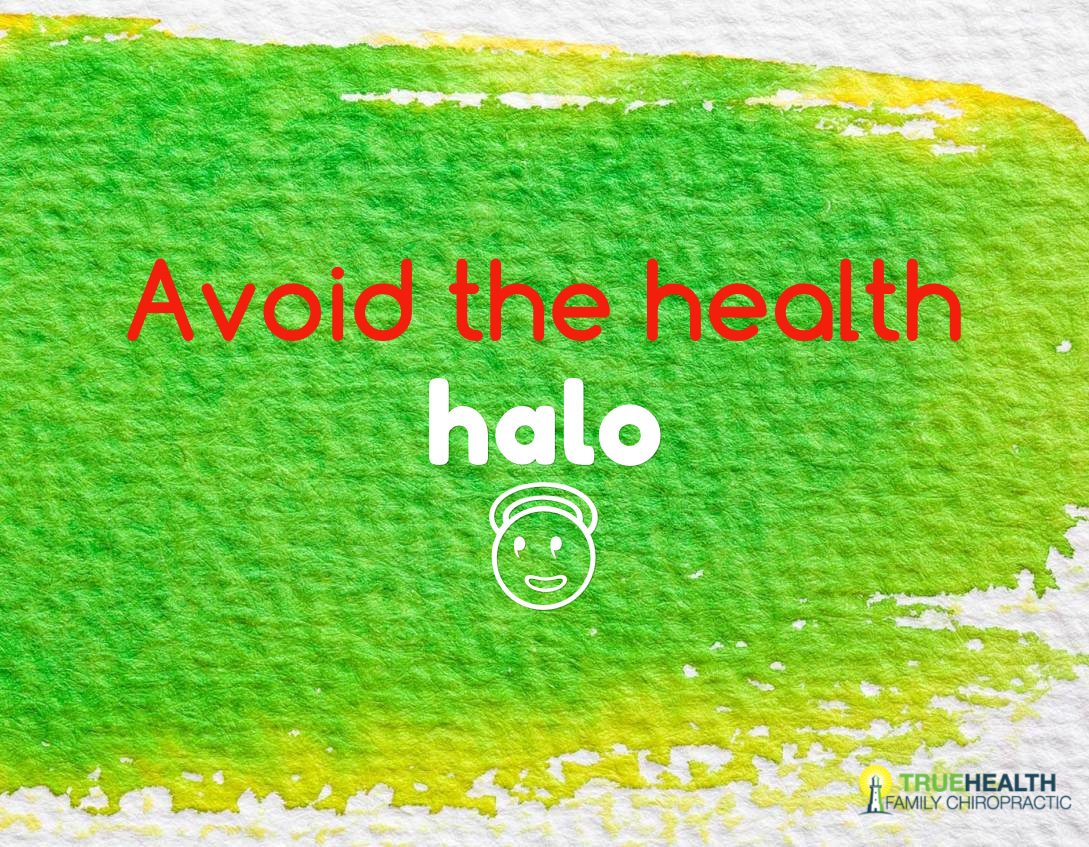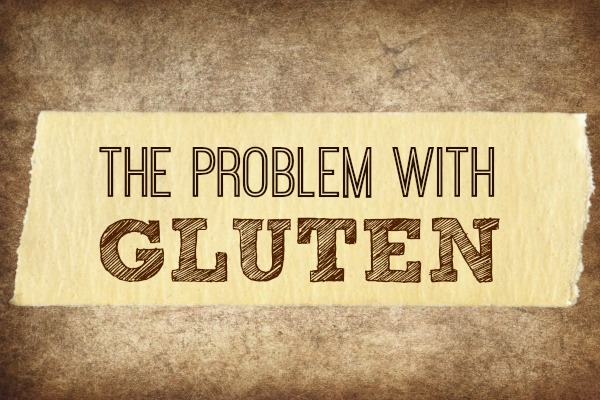Avoid the “Health Halo”
 Who would have thought that buying healthy food would become so difficult. These days, what you think you know about which products to select or how to read food labels often times turns out to be misconceptions. There are a number of health sounding terms that can confuse even the most educated shoppers. This is what is referred to as a health halo effect.
Who would have thought that buying healthy food would become so difficult. These days, what you think you know about which products to select or how to read food labels often times turns out to be misconceptions. There are a number of health sounding terms that can confuse even the most educated shoppers. This is what is referred to as a health halo effect.
A “health halo” is the perception that a food is healthy, whether it truly is or not. This usually involves cleaver marketing and using buzz words such as all-natural, organic, paleo, gluten free, and/or non-GMO. While some of these products may be healthy – the majority are just processed junk food – albeit organic, gluten-free junk food.
Marketers use these buzz words for a reason – research has shown that putting an organic label on ordinary foods can trick shoppers into paying up to 23 per cent more for them by believing they are healthier and taste better. Most of us aren’t intentionally buying junk food – we may just believe the hype that a food is healthy. After all, we’re just looking for healthy food to feed our families.
Instead of focusing on these labels – do the opposite – aim to fill 3/4 of your grocery cart with food that does NOT contain labels (as in, fruits and vegetables). When you see health claims, be skeptical – they’re only there to help sell a product (the front of the box is there to persuade – not inform). One of the many positives of eating whole REAL foods is that you know exactly what’s in them. And remember, if you anything with that green USDA-Organic stamp, you will be eating GMO-free food.
Lastly, the fact that you now know that there is a “health halo” will help you avoid it (your welcome).





